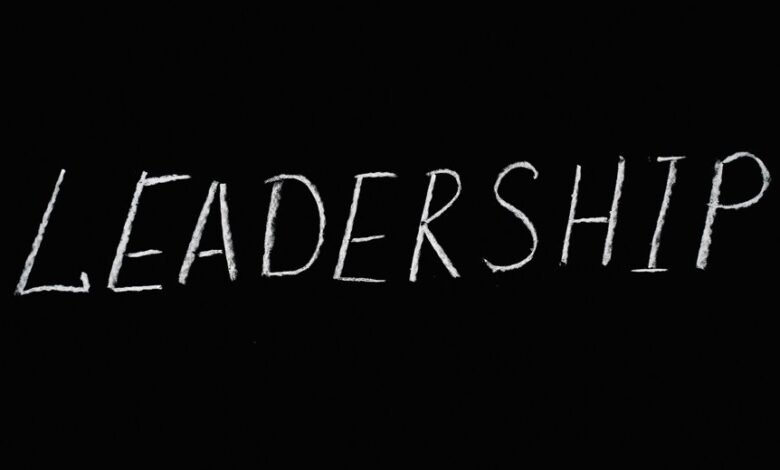Caller Integrity Protection Authority Investigation Board 3385626967 3928383356 3510687006 3898429320 3894834571 3278356644

The Caller Integrity Protection Authority Investigation Board addresses significant issues in telecommunications. Recent reports indicate a rise in scams linked to specific phone numbers, including 3385626967 and 3928383356. These numbers exemplify the deceptive tactics employed by fraudsters, raising questions about the efficacy of current regulations. What measures can be implemented to enhance consumer protection? Understanding the Board’s role may reveal crucial insights into combating these persistent threats.
Overview of the Caller Integrity Protection Authority
The Caller Integrity Protection Authority (CIPA) serves as a regulatory body aimed at safeguarding the integrity of telecommunications systems.
It emphasizes caller verification to ensure that communications remain secure and trustworthy.
By promoting consumer awareness, CIPA seeks to empower individuals to recognize and report fraudulent activities.
This proactive approach fosters a safer environment for all users, enhancing overall confidence in telecommunication practices.
The Role and Function of the Investigation Board
Operating within the framework of the Caller Integrity Protection Authority, the Investigation Board plays a critical role in overseeing the enforcement of telecommunications regulations.
Its responsibilities include guiding the investigation process, ensuring compliance with established laws, and addressing violations effectively.
The board’s objective analysis fosters transparency and accountability, ultimately promoting a fairer telecommunication landscape that empowers consumers and enhances their freedom of choice.
Common Scams and Caller Deception Tactics
With the Investigation Board actively monitoring telecommunications regulations, understanding the tactics employed by scammers becomes increasingly important.
Common scams often utilize caller spoofing to disguise their identity, leading individuals to trust fraudulent calls.
Additionally, phishing tactics are frequently employed, where scammers manipulate callers into revealing personal information.
Recognizing these methods is crucial for maintaining individual freedom and safeguarding against deceptive practices in telecommunications.
How Consumers Can Protect Themselves
Frequently, consumers overlook simple yet effective strategies to safeguard themselves against fraudulent calls.
Enhancing consumer awareness is crucial for fraud prevention. Individuals should verify caller identities, utilize call-blocking technology, and remain skeptical of unsolicited requests for personal information.
Engaging in community discussions about scams can further empower consumers, fostering a collective vigilance that deters fraudsters and promotes informed decision-making in communication practices.
Conclusion
In conclusion, the Caller Integrity Protection Authority’s Investigation Board stands as a formidable bulwark against the tidal wave of telecommunications fraud. By understanding the common scams and deceptive tactics employed by fraudsters, consumers can arm themselves with knowledge and vigilance. As the battle against these nefarious schemes rages on, the role of the Board in fostering transparency and accountability becomes increasingly vital. Will society rise to the challenge and outsmart the ever-evolving landscape of scams? Only time will tell.





